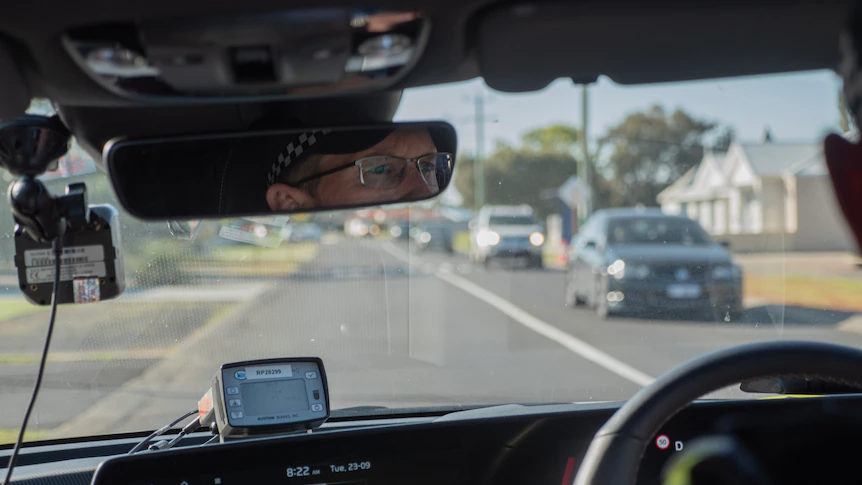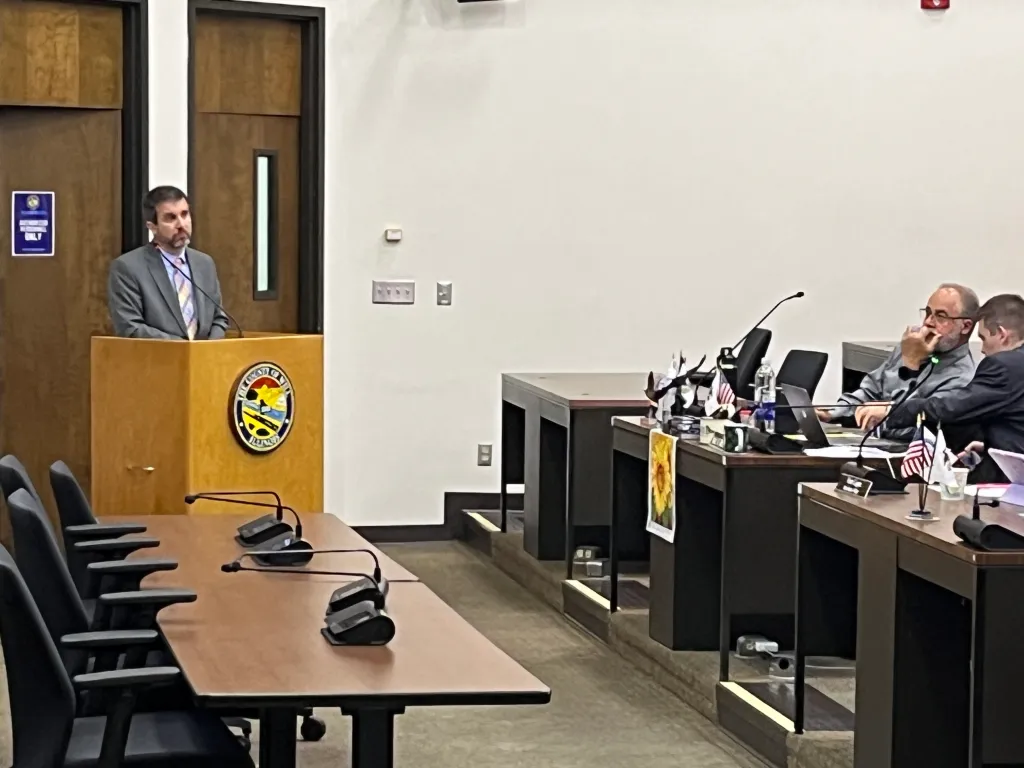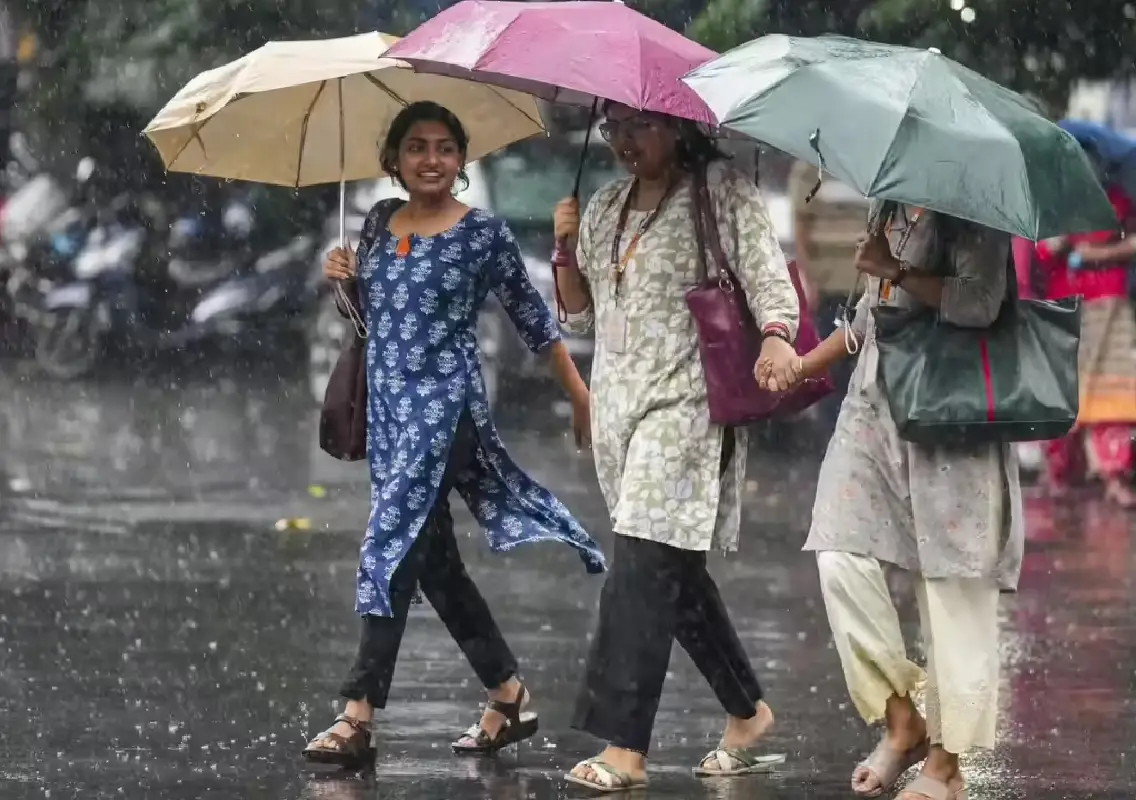By Bridget McArthur,Pip Waller
Copyright abc

Sabrina Carpenter sings through the police car stereo as it travels down the Forrest Highway.
Acting Sergeant Mat Bayliss hums cheerfully, contemplating where to set up first.
“This intersection’s seen a lot of serious and fatal crashes over the last number of years,” he says, pulling over.
“The speed limit’s [been] set down to 80 kilometres an hour … [but] we still find we have crashes.”
The ABC is shadowing the South West traffic police for the day in what has been the state’s worst year for road deaths in over a decade.
Acting Sergeant Bayliss says around 3,500 people travel down the highway into the region daily — a number that triples on long weekends.
It takes him and Senior Constable Keith Armstrong less than a minute to spot a car speeding.
After being instructed to stop, the driver tells them he is on his way back from the hardware store and did not realise the speed limit had changed.
The next woman they pull over says she’s running late for a family court case.
“People have so much going on in their lives — sometimes it’s not even a physical distraction that might cause them to speed but just what’s running around their heads,” Acting Sergeant Bayliss says.
But he says anyone who has been in a crash knows there is no excuse worth the potential consequences — a lesson he learned aged nine.
“We were driving up to Rockingham … when a gentleman coming the other way decided to drive through a red light,” he says.
“Still, I won’t lecture people.
“You don’t want to treat people like idiots because they’re not. We’re all human, we all make mistakes.”
From banal to brutal
Every interaction with an offending driver is followed by several minutes of administrative work.
“Sorry, this part’s a bit boring,” Acting Sergeant Bayliss says.
It is the banal side of a job that has officers attending brutal crash scenes and engaging with people on the worst days of their lives.
Asked the worst thing he has seen, he laughs uncomfortably.
“When I first got in [the police force] the idea of getting out in the car and chasing the bad guys and taking them to jail and all that stuff was really exciting.
“But you don’t really think about working your fifth night shift in a row, dealing with domestic violence, deaths.
“There comes a degree of baggage that goes with it and some will stick with you some won’t. Others will be that one that just tips you over the edge and you won’t know it until it’s too late.”
After some thought, he says the worst part of a job is having to tell a victim’s family they won’t be coming home.
Education over punishment
When they hit the road again, both officers’ eyes are constantly scanning the road.
“There is no age bracket for offenders really,” Acting Sergeant Bayliss says as he drives.
“On a Friday night, I stopped this woman, a 72-year-old grandmother. [She] had two grandkids in the car [and] was taking them to McDonald’s.
“She tested positive to methamphetamine.
“Then last week, we had a juvenile that was riding a modified electric bicycle down a main road at 60 kilometres an hour in amongst traffic.”
Today is comparatively quiet, he says.
They give a warning to a man for a cracked windscreen and talk a young driver through transferring his car’s registration from his mum’s name to his.
“It’s not always necessary to issue a sanction … simply educating people can sometimes be enough,” he says.
“I [used to be] a lot harder in my decisions … ‘You’ve done something wrong, here’s your ticket, that’s the end of it’.
“I’ve definitely softened over the years and that I could only put down to … being more aware of the impact of life on people.”



